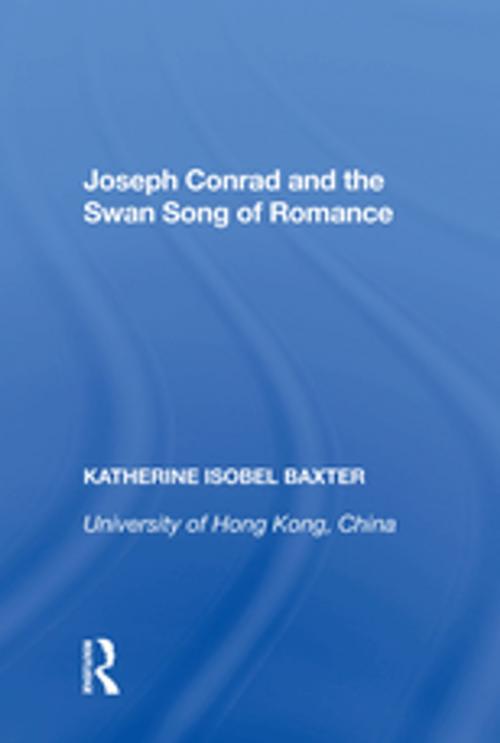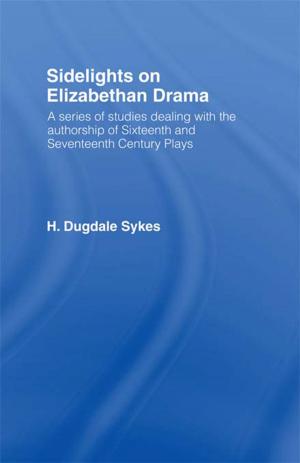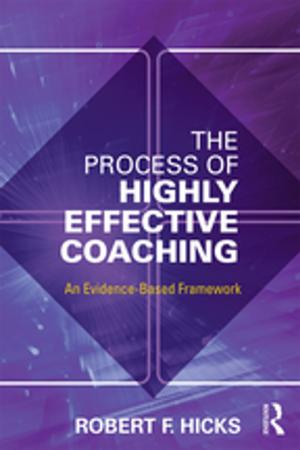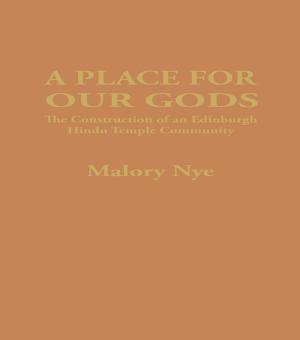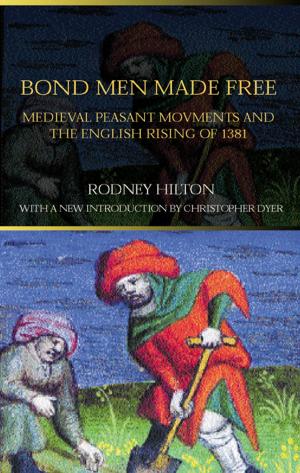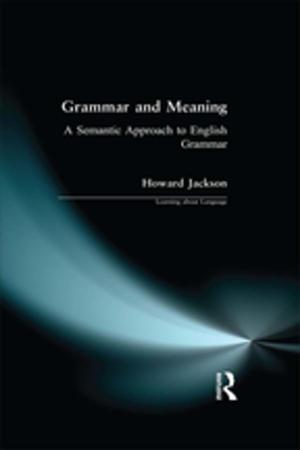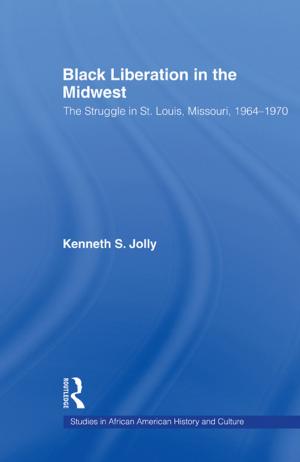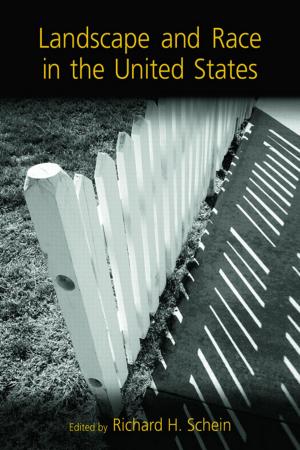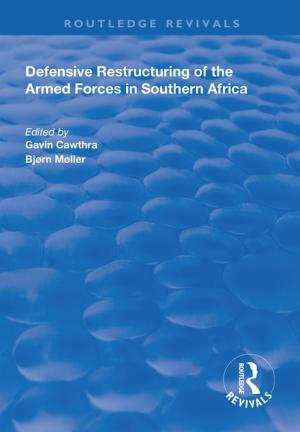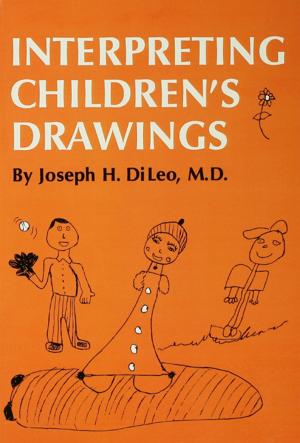| Author: | Katherine Isobel Baxter | ISBN: | 9781351154826 |
| Publisher: | Taylor and Francis | Publication: | February 6, 2018 |
| Imprint: | Routledge | Language: | English |
| Author: | Katherine Isobel Baxter |
| ISBN: | 9781351154826 |
| Publisher: | Taylor and Francis |
| Publication: | February 6, 2018 |
| Imprint: | Routledge |
| Language: | English |
In the first critical study wholly devoted to Joseph Conrad's use of techniques associated with the literary tradition of romance, the author argues that Conrad's engagement with the genre invigorated his work throughout his career. Exploring the ways in which Conrad borrows from, alludes to, and subverts the tropes of romance, the author suggests that Conrad's ambivalent relationship with popular forms like the adventure novel is revealed in the way he uses romance conventions to disrupt narrative expectations and make visible ethical problems with Europe's colonial project. The author examines not only familiar novels like Lord Jim but also less-studied works such as Romance and The Rover, using Robert Miles's model of the 'philosophical romance' to show that for Conrad, romance is also philosophically engaged with issues of ideology. Her study enables a new appreciation of the ways in which Conrad continued to experiment, even in his later fiction, and of the ethical import of that aesthetic experimentation.
In the first critical study wholly devoted to Joseph Conrad's use of techniques associated with the literary tradition of romance, the author argues that Conrad's engagement with the genre invigorated his work throughout his career. Exploring the ways in which Conrad borrows from, alludes to, and subverts the tropes of romance, the author suggests that Conrad's ambivalent relationship with popular forms like the adventure novel is revealed in the way he uses romance conventions to disrupt narrative expectations and make visible ethical problems with Europe's colonial project. The author examines not only familiar novels like Lord Jim but also less-studied works such as Romance and The Rover, using Robert Miles's model of the 'philosophical romance' to show that for Conrad, romance is also philosophically engaged with issues of ideology. Her study enables a new appreciation of the ways in which Conrad continued to experiment, even in his later fiction, and of the ethical import of that aesthetic experimentation.
